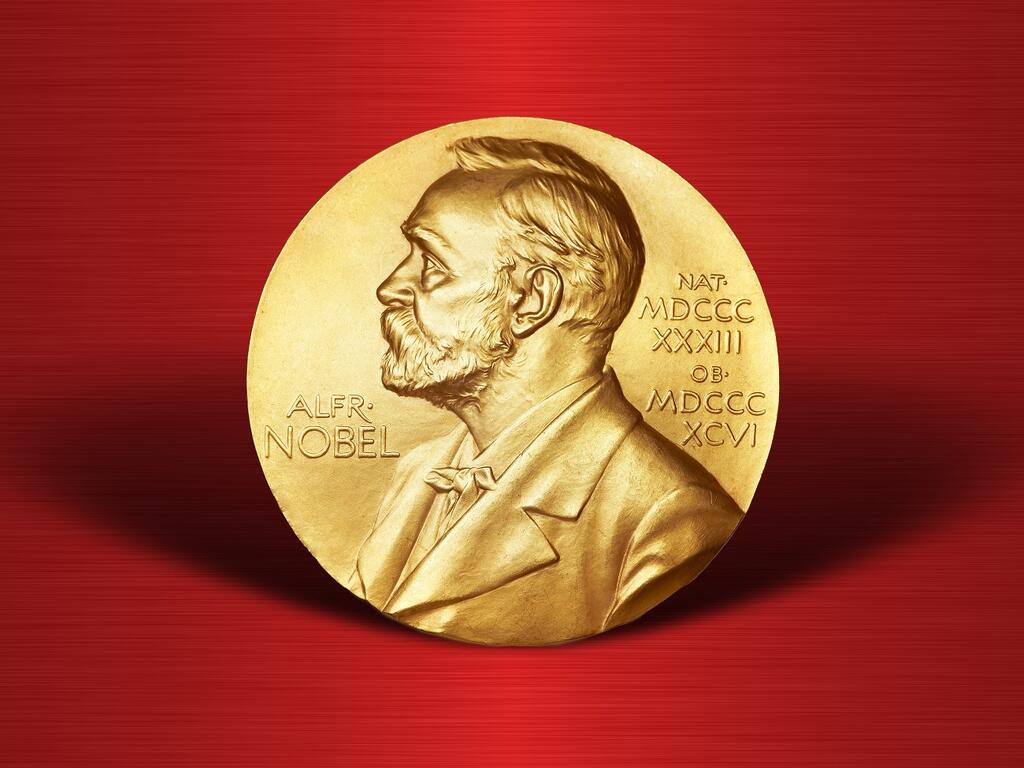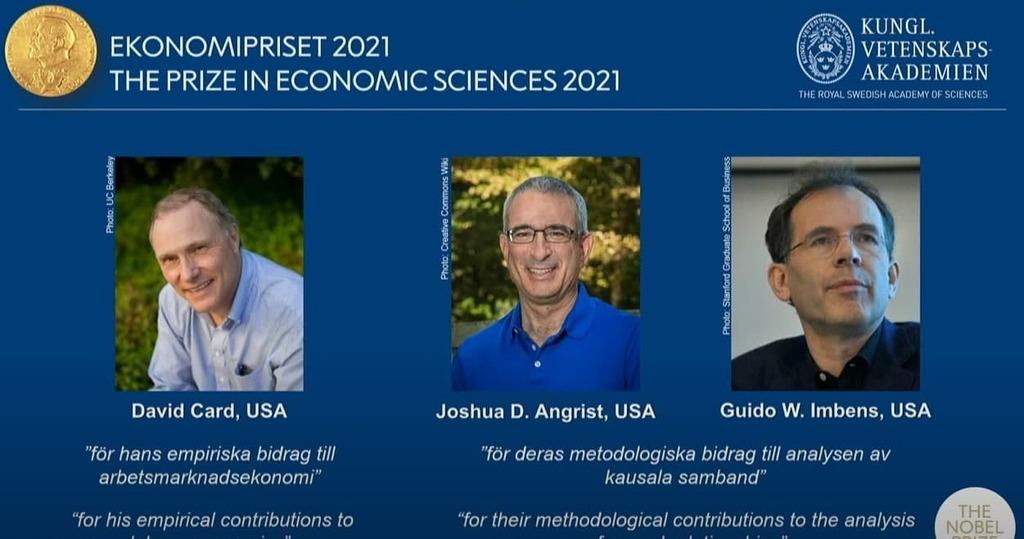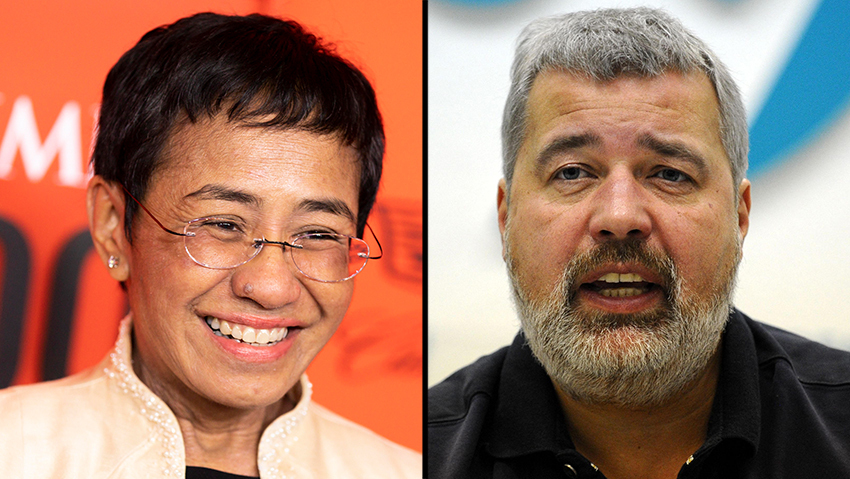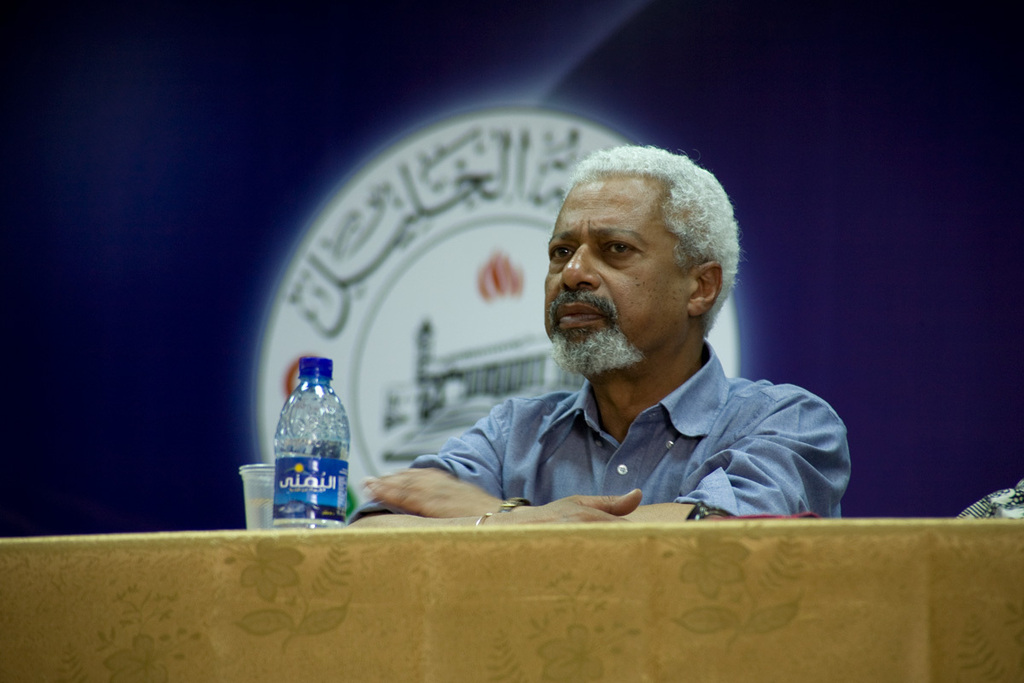Israeli-American economist Joshua Angrist is one of the three winners of the 2021 Nobel economics prize, the Royal Swedish Academy of Sciences said on Monday.
The prize, formally known as the Sveriges Riksbank Prize in Economic Sciences in Memory of Alfred Nobel, is the last of this year's crop of Nobels and sees the winners share a sum of 10 million Swedish crowns ($1.14 million).
The MIT professor, who also taught at Jerusalem's Hebrew Univesity from 1991-1996, shares the award with Stanford University's Guido Imbens and David Card of the University of California at Berkeley.
Canada-born Card took half the prize "for his empirical contributions to labor economics", the academy said. Angrist and Imbens shared the other half "for their methodological contributions to the analysis of causal relationships".
The prestigious prizes for achievements in science, literature and peace were created and funded in the will of Swedish dynamite inventor and wealthy businessman Alfred Nobel.
They have been awarded since 1901, though the economics prize - created through a donation from Sweden's central bank on its 300th anniversary - is a later addition that was first handed out in 1969.
While the economics award has tended to live in the shadow of the often already famous winners of the prizes for peace and literature, laureates over the years include a number of hugely influential economists, such as the Austrian-British Friedrich August von Hayek and American Milton Friedman.
Last week, the 2021 Nobel Peace Prize was awarded to journalists Maria Ressa of the Philippines and Dmitry Muratov of Russia for their fight for freedom of expression in countries where reporters have faced persistent attacks, harassment and even murder.
Ressa was the only woman honored this year in any category.
The Nobel Prize for literature was awarded to U.K.-based Tanzanian writer Abdulrazak Gurnah, who was recognized for his "uncompromising and compassionate penetration of the effects of colonialism and the fate of the refugee."
The prize for physiology or medicine went to Americans David Julius and Ardem Patapoutian for their discoveries into how the human body perceives temperature and touch.
Three scientists won the physics prize for work that found order in seeming disorder, helping to explain and predict complex forces of nature, including expanding our understanding of climate change.
Benjamin List and David W.C. MacMillan won the chemistry prize for finding an easier and environmentally cleaner way to build molecules that can be used to make compounds, including medicines and pesticides.





